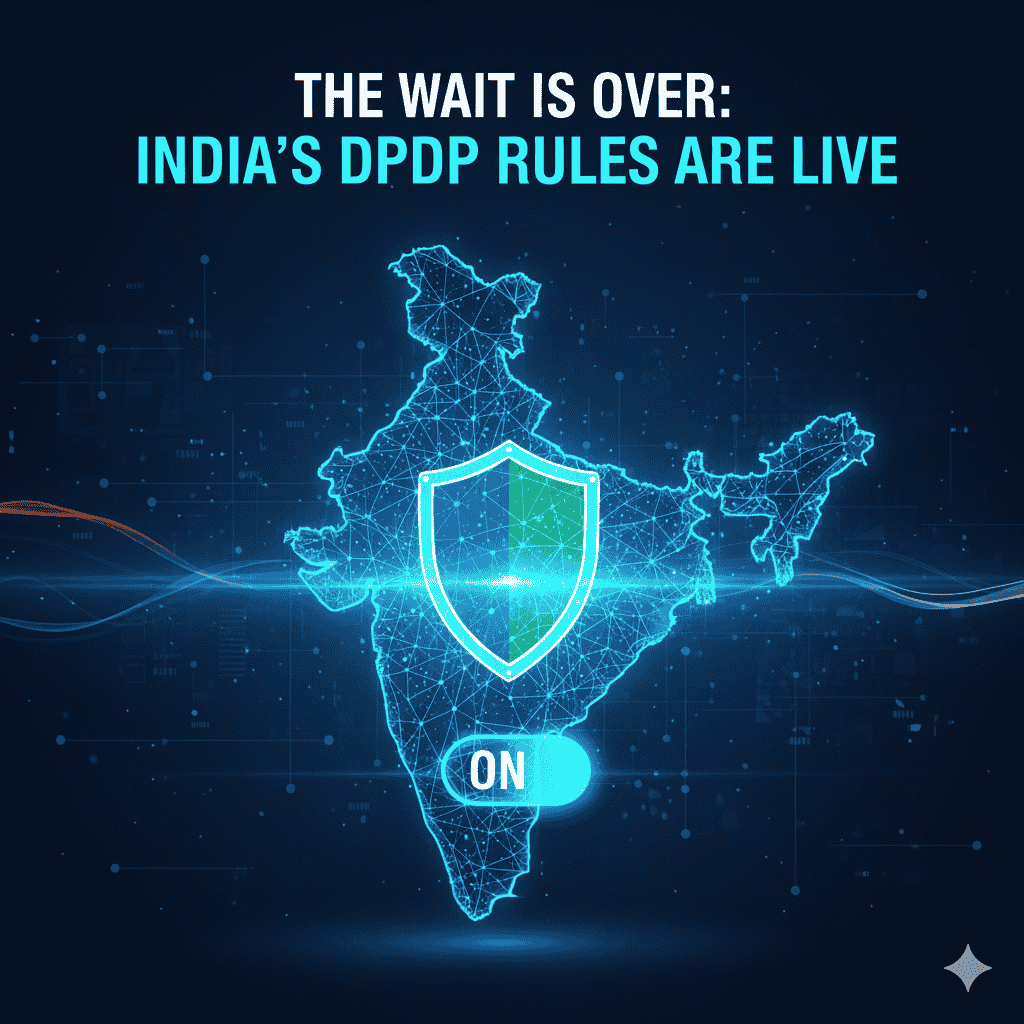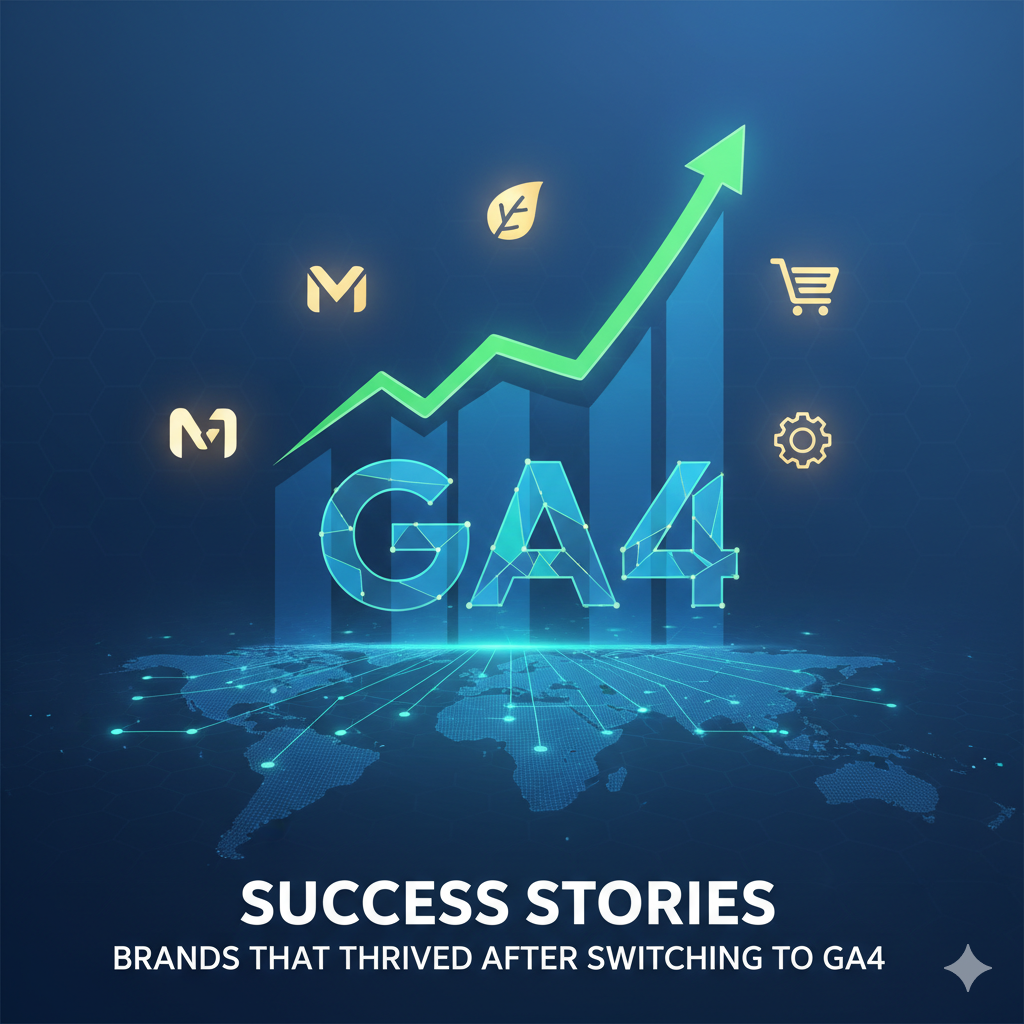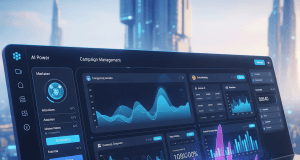In the fast-paced world of digital marketing, effective campaign management is essential for achieving desired outcomes. With the multitude of tools available today, selecting the right digital campaign management software can be overwhelming. This article aims to guide marketers through the essential features, benefits, and some of the best software options to facilitate a smooth planning and execution process.
The Importance of Digital Campaign Management Software
Digital campaign management software serves as a centralized platform where marketers can plan, execute, and analyze their campaigns efficiently. By automating mundane tasks and providing real-time insights, these tools enable teams to focus on strategic decision-making, ensuring that resources are used effectively to drive engagement and conversions.
Key Features to Look For
When evaluating digital campaign management software, consider the following essential features:
Centralized Dashboard: A user-friendly dashboard allows marketers to track all campaigns in one place, providing at-a-glance insights into performance metrics.
Campaign Planning Tools: Effective scheduling and workflow management tools can help teams plan campaigns across various channels, ensuring a coordinated approach that maximizes reach.
Automation Capabilities: Automating repetitive tasks such as email marketing, social media posting, and reporting can save time and reduce the risk of human error.
Integration with Other Tools: Look for software that seamlessly integrates with other marketing tools, such as CRM systems, analytics platforms, and social media channels, to provide a holistic view of campaign performance.
Data Analytics and Reporting: Comprehensive analytics features allow marketers to track key performance indicators (KPIs) and understand the effectiveness of their campaigns, facilitating data-driven decision-making.
- Collaboration Features: Tools that foster team collaboration through shared resources, real-time updates, and communication channels can enhance productivity and creativity.
Benefits of Using Campaign Management Software
Investing in the right software can yield significant benefits:
Increased Efficiency: Automation and streamlined workflows reduce manual effort, allowing teams to focus on creative and strategic tasks.
Improved Accuracy: Enhanced data analytics reduce the likelihood of errors in reporting and decision-making, empowering marketers to make informed choices.
Better ROI: With tools designed for precise targeting and analytics, marketers can optimize their campaigns, leading to better returns on investment.
- Enhanced Customer Experience: By leveraging data insights, businesses can tailor their campaigns to meet the preferences and behaviors of their target audiences, fostering engagement and loyalty.
Popular Digital Campaign Management Software Options
Here are some noteworthy options in the market:
HubSpot: An all-in-one marketing platform that offers comprehensive tools for email marketing, social media, and analytics. Its intuitive interface and robust automation capabilities make it ideal for both small businesses and larger enterprises.
Hootsuite: Primarily focused on social media management, Hootsuite helps marketers plan and execute social media campaigns, monitor engagement, and analyze performance across multiple platforms.
Marketo: Known for its advanced marketing automation features, Marketo is a favorite among B2B marketers. It provides tools for lead management, email marketing, and analytics.
Mailchimp: Initially an email marketing platform, Mailchimp has evolved into a comprehensive marketing suite that offers campaign planning, automation, and analytics capabilities tailored for small to medium-sized businesses.
Buffer: An intuitive social media management tool that allows teams to schedule posts, analyze performance, and collaborate effectively. Buffer is designed to simplify social media campaigns for brands of all sizes.
- Trello: While not a dedicated marketing tool, Trello’s project management features enable teams to visualize campaign workflows and collaborate effectively. It can be integrated with other marketing tools for a comprehensive approach.
Conclusion
Navigating the digital landscape requires targeted strategies and robust tools to manage campaigns effectively. By investing in the right digital campaign management software, marketers can streamline their processes, enhance their campaign performance, and ultimately drive better results. By understanding the key features and evaluating the top options available, businesses can choose a solution that aligns with their goals and enhances their marketing efforts. In an ever-evolving digital world, the right tools can make all the difference in turning plans into successful executions.









